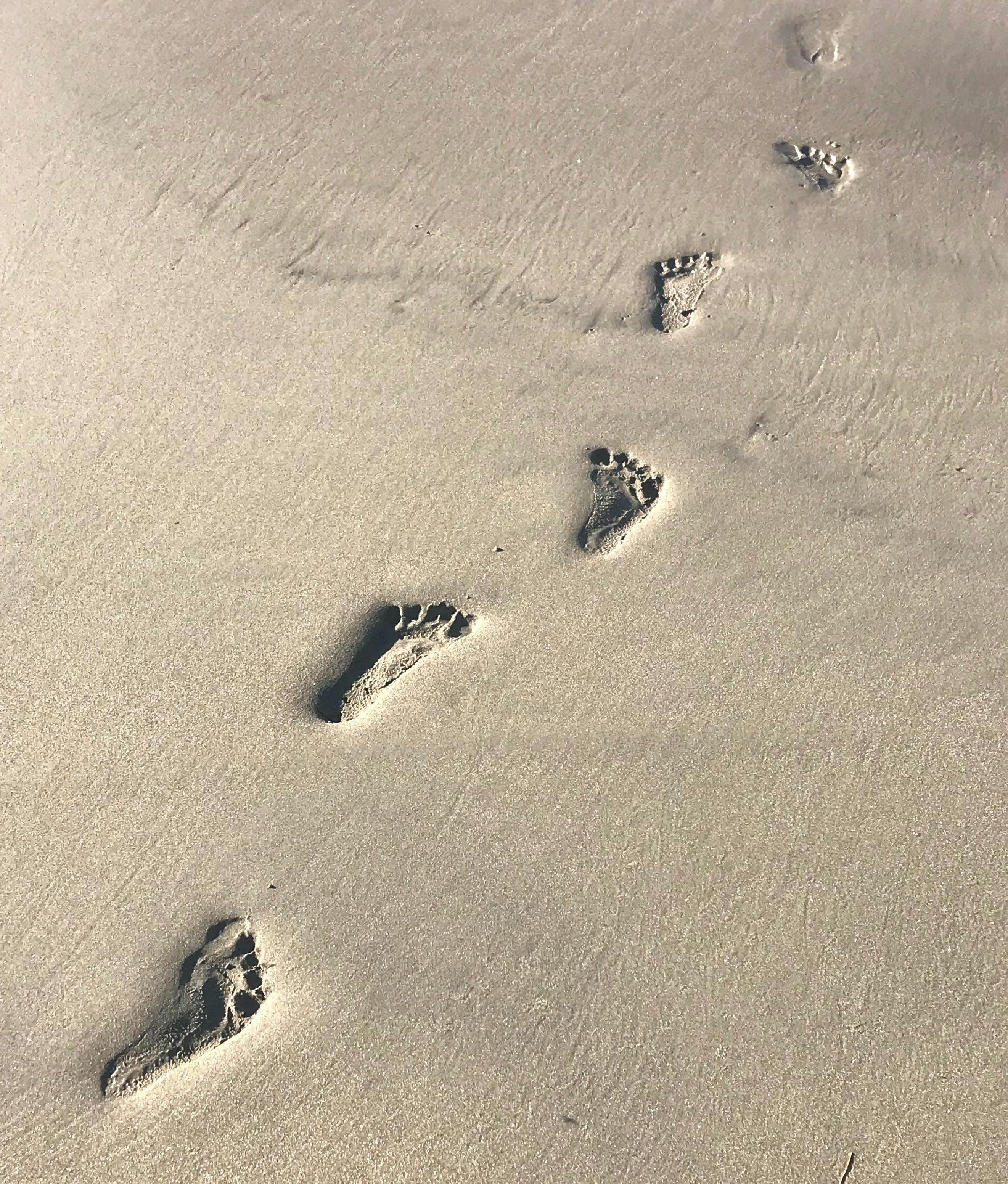
Why Reflection Isn't Procrastination: The Secret Weapon High Achievers Use to Prevent Burnout
Is there a voice in your head saying you should be doing "real work" instead of reading this post right now?
I see you there — deadlines breathing down your neck, emails multiplying like rabbits in your inbox, and that growing pile of tasks giving you judgmental side-eye from your desk. The last thing you need is another thing on your already overflowing plate, right?
Wrong.
I wish someone had told me this years ago, when I was drowning in deadlines and creative projects: reflection isn't a luxury reserved for people with too much time on their hands. It's the secret weapon of sustainable success.
The Reflection Resistance We All Face
When was the last time you actually stopped to process your work? Not just mechanically ticking boxes and rushing to the next urgent task, but truly sitting with your experiences and analyzing what worked, what didn't, and why?
If you're drawing a blank, you're in good company. We're all trapped in what I call the "productivity paradox" — a toxic cycle where pausing feels like failure, reflection feels like procrastination, and slowing down feels like falling behind.
This isn't your fault. Our hustle-obsessed culture has conditioned us to believe that constant motion equals progress. But here's what actually happens when we skip the pause:
- We repeat the same mistakes because we never processed why they happened
- We miss breakthrough patterns that could revolutionize our approach
- We burn out because we never give ourselves space to integrate our experiences
- We lose touch with our purpose and end up working harder on things that don't matter
Audre Lorde wrote that "within these deep places, each one of us holds an incredible reserve of creativity and power, unexamined and unrecorded emotion and feeling."
This is what reflection actually taps into. It's not navel-gazing or analysis paralysis. It's accessing those hidden reserves of wisdom and creativity that only surface when we create space to listen.
In my work with Endarkened Narratives, I've seen how reflection becomes a form of resistance against systems that want to keep us moving, consuming, producing, but never truly knowing ourselves or our work.
The Science Behind Strategic Reflection
Research in cognitive psychology shows that reflection isn't just feel-good fluff; it's how our brains consolidate learning and make meaning from experience. When we reflect:
- Neural pathways strengthen, making future decision-making more efficient
- Pattern recognition improves, helping us spot opportunities and threats faster
- Emotional regulation increases, reducing stress and preventing burnout
- Creative connections form between seemingly unrelated experiences
Research from Harvard Business School, HEC Paris, and the University of North Carolina found that employees who spent just 15 minutes reflecting on their work at the end of each day performed 23% better than those who didn't.
Your Sustainable Reflection Practice: Start Here
The key to sustainable reflection isn't adding another overwhelming practice to your life; it's integrating gentle pauses that actually enhance your productivity. Here's how:
1. Start Ridiculously Small
Begin with just five minutes at the end of your workday. Ask yourself one simple question: "What energized me today?"
That's it. No journaling requirements, no deep philosophical exploration. Just notice what gave you energy versus what drained it.
2. Create a Ritual That Feels Different
Get yourself a beautiful journal (I'm partial to composition-style notebooks that feel substantial in your hands. Check ours out here). Light a candle. Make tea. Create a physical boundary between your "doing" space and your "reflecting" space.
The ritual signals to your brain that this is different from regular work. It's sacred time for processing and integration.
3. Use the Three-Door Framework
When you're ready to go deeper, try this simple structure:
Door 1: What worked today?
Notice successes, even tiny ones. What strategies, environments, or mindsets served you well?
Door 2: What challenged me?
Identify friction points without judgment. Where did you feel stuck, frustrated, or depleted?
Door 3: What am I learning?
Look for patterns and insights. What wants to shift in how you approach your work?
4. Trust the Messy Process
Some days, you'll have profound insights that reshape your entire approach. Other days, you'll just vent about email overload or process mundane details.
Both are valuable. Both are data about your experience as a thinking, feeling human doing complex work in the world.
When Reflection Transforms Everything
The magic happens when those quiet moments of insight translate into tangible changes in how you work and live.
Take Sarah, a graduate student I worked with who started with just three minutes of reflection after each writing session. Within a month, she began noticing patterns: her energy peaked at 10 AM, her bandwidth decreased when she skipped lunch, and her most innovative ideas emerged when she worked near windows with natural light.
Those insights led to a complete restructuring of her schedule. She protected her high-energy morning hours for difficult writing, built in proper meal breaks, and relocated her workspace. The result? She finished her dissertation proposal one month ahead of schedule and reported feeling more confident about her research direction than ever before.
Your Reflection Challenge: Start Tonight
Before you close your laptop tonight, try this simple experiment:
Take a deep breath. Grab a piece of paper or open a notes app. Ask yourself: "What's one thing that surprised me today?"
Write whatever emerges. Don't edit. Don't judge. Don't worry about spelling or perfection. Just let your mind process and respond.
That's it. That's how sustainable reflection starts; not with grand gestures or perfect systems, but with small moments of curiosity about your own experience.
Remember: Your Experience Is Data
Your feelings, reactions, and observations aren't distractions from the "real work" — they're essential information about what's working and what needs to shift.
When we ignore this internal data, we're literally making decisions with incomplete information. We're flying blind in our own lives.
Give Yourself Permission
So yes, you have deadlines. Yes, the notifications are pinging. Yes, the world feels like it's spinning faster every day.
But maybe, just maybe, taking time to reflect isn't slowing you down. Maybe it's exactly what you need to move forward with more clarity, energy, and purpose.
Maybe reflection isn't procrastination. Maybe it's preparation.
Maybe the voice telling you to skip this practice is the same voice that got you overwhelmed in the first place.
What would happen if you trusted the deeper voice, the one that knows you need to pause, process, and integrate your experiences to do your best work?
There's only one way to find out.
Ready to deepen your reflection practice? Join our community that understands that sustainable success requires both action and reflection. Share in the comments: What's one insight you've gained from taking time to reflect on your work?
And if you're ready to explore how the Endarkened Narrative Lab can transform your relationship with reflection and your narratives, we open the Lab again in January. Let us know you are interested.


Leave a Comment